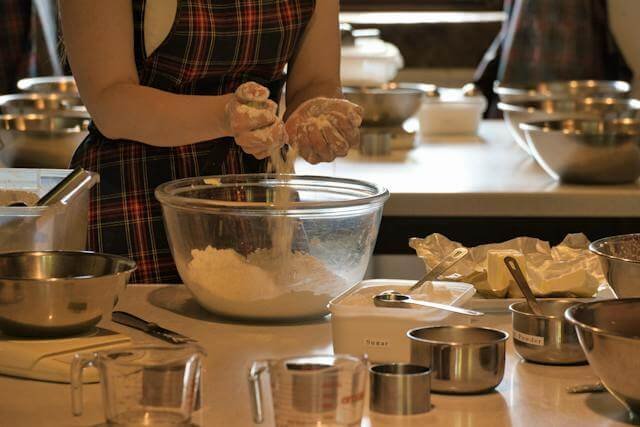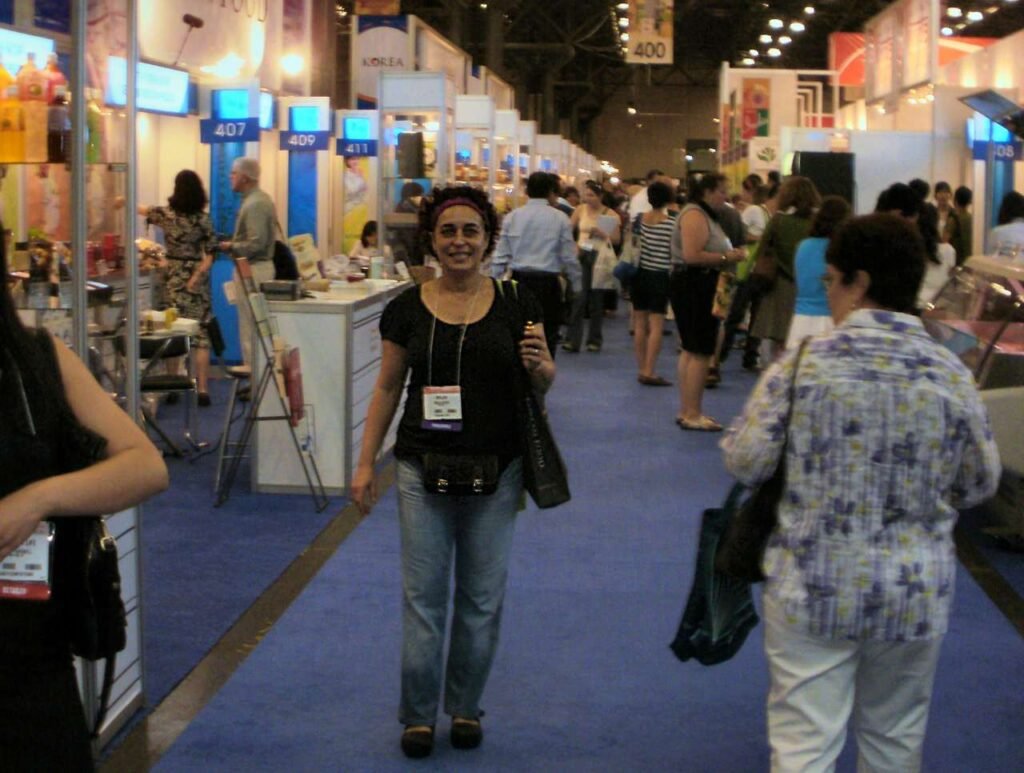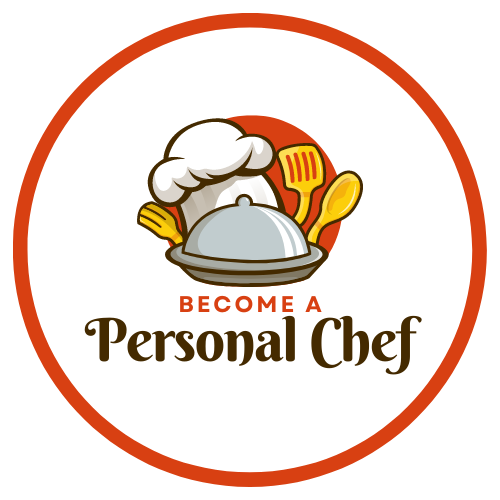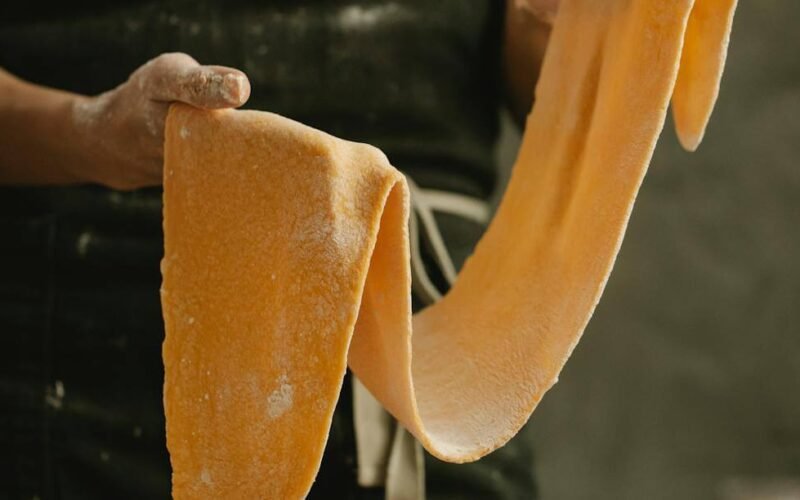Table of Contents
ToggleContinued Learning for Personal Chefs
In the ever-evolving culinary world, the key to staying ahead and enhancing your skills as a personal chef is continued learning. Staying abreast of new trends, techniques, ingredients, and cuisines not only keeps your menus fresh and innovative but also broadens your culinary horizon.
Here’s why continued learning is crucial and how you can incorporate it into your journey as an aspiring personal chef.
Keeping Up with Culinary Trends
The food industry is continually evolving, with new trends emerging every year. From plant-based diets to fermented foods, these trends influence consumer preferences and expectations.
By staying informed about these trends, you can adapt your menus accordingly, keeping them fresh, relevant, and exciting. For example, if the trend is leaning towards healthier food options, introducing dishes with superfoods, whole grains, and lean proteins can cater to this demand while adding a new dimension to your menu.
Similarly, if there is a growing interest in sustainability and reducing food waste, incorporating nose-to-tail cooking and using locally sourced ingredients can resonate with environmentally-conscious customers.
Being aware of current culinary trends also allows you to experiment with new techniques, flavors, and ingredients. This not only keeps your menu interesting but also showcases your creativity and expertise as a personal chef.
Exploring New Techniques and Ingredients
New cooking techniques and ingredients can bring new flavors, textures, and experiences to your dishes. Whether it’s sous-vide cooking, molecular gastronomy, or using exotic spices and herbs, these elements can add innovation and depth to your culinary repertoire.
For instance, using an ingredient like black garlic, which has a complex, sweet, and savory flavor, can elevate a simple dish to a gourmet level. Or incorporating techniques like sous-vide, which involves cooking food in vacuum-sealed bags at a precise temperature, can result in perfectly cooked and tender meats.
But it’s not just about trying out the latest trends or fads. Exploring new techniques and ingredients can also enhance your creativity and challenge you to think outside of the box. It encourages experimentation and improvisation in the kitchen, leading to unique and delicious dishes that you may have never thought of before.

Broadening Your Horizon with Global Cuisines
Learning about different cultures and cuisines is another significant aspect of continued learning. It can inspire you to experiment with new flavor profiles, cooking techniques, and presentation styles.
This knowledge can help you cater to clients with diverse tastes and dietary preferences, making you a more versatile and sought-after personal chef. It also allows you to broaden your culinary horizons and expand your menu options, keeping things fresh and exciting for both yourself and your clients.
So, how can you start incorporating global cuisines into your repertoire? Here are a few tips to get you started:
1. Do Your Research
The first step in learning about global cuisines is to research different cultures and their traditional dishes. You can do this through cookbooks, online resources, or even by talking to people from different backgrounds. Take the time to understand the cultural significance of certain ingredients, spices, and cooking methods.
2. Experiment with Ingredients
One of the most exciting parts of exploring new cuisines is experimenting with new ingredients. Try finding local markets or specialty stores that carry authentic ingredients from various cultures. This will not only add authentic flavors to your dishes but also expand your knowledge and palate.
3. Attend Cooking Classes or Workshops
One of the best ways to learn about a new cuisine is by taking a cooking class or attending a workshop. Many cultural centers, community organizations, and even restaurants offer classes that allow you to experience hands-on learning. You can also reach out to local chefs who specialize in certain cuisines and see if they offer any classes or workshops.
4. Incorporate Familiar Flavors
While trying new cuisines, it’s important to remember that not all clients may be open to completely foreign flavors. A great way to introduce them to global cuisines is by incorporating familiar ingredients or flavors into the dishes. For example, if you’re serving a Thai curry dish, you could add in some familiar vegetables like bell peppers or carrots for texture and flavor. This will make the dish more approachable for clients who may be hesitant to try something completely new.
5. Experiment with Fusion
Fusion cuisine is becoming increasingly popular as it combines elements from different cultures to create unique and delicious dishes. As an organic personal chef, you have the freedom to experiment with fusion cooking and offer your clients a taste of different cultures in one meal. For example, you can combine Italian pasta with Asian stir-fry vegetables or Mexican tacos with Indian spices.
Tips for Continued Learning
Here are some practical ways you can continue learning and improving your skills:

Attend Cooking Classes and Workshops
Cooking classes and workshops can provide hands-on experience, professional guidance, and the opportunity to learn new techniques and recipes. Many cooking classes and workshops focus on specific cuisines, such as Italian or French cooking, while others may be more general in nature.
One of the significant benefits of attending cooking classes and workshops is the hands-on experience they offer. Instead of just watching a demonstration or reading a recipe, participants get to actively participate in the cooking process.
This allows them to practice techniques and receive immediate feedback from the instructor. It also helps build confidence in the kitchen and improves overall cooking skills
Additionally, attending cooking classes and workshops gives individuals access to professional guidance from experienced chefs. Instructors can provide tips and tricks for making dishes taste better or shortcuts for preparing meals more efficiently.
They are also available to answer any questions and offer personalized advice based on individual needs.

Participate in Expos and Conferences
Food expos and conferences can expose you to the latest trends, products, and innovations in the food industry. These events are a great opportunity to network with other chefs, suppliers, and potential clients. As a personal chef, it is important to stay informed about the constantly evolving food landscape and attending expos and conferences can give you that edge.
At these events, you not only get to taste new dishes and products but also attend workshops and seminars on various topics related to your field. You can learn about the latest cooking techniques, ingredients, and even business strategies. These insights can help you improve your skills as a chef and enhance your offerings for your clients.
Moreover, participating in expos and conferences allows you to showcase your talent and gain recognition in the industry. You may have the chance to do live cooking demonstrations or be a part of panel discussions where you can share your expertise with others. This exposure can help you build a strong network of like-minded individuals and potential clients.
Attending these events also gives you the opportunity to connect with suppliers and vendors. As a personal chef, having access to high-quality ingredients and products is crucial for creating delicious and healthy meals for your clients. By building relationships with suppliers at expos and conferences, you can ensure that you have access to the best ingredients for your dishes.
In addition, attending these events can be a great source of inspiration. You may come across new cuisines or cooking styles that spark your creativity and push you to try something new in your own kitchen. You can also learn about different dietary restrictions or allergies that are becoming more prevalent in today’s society, allowing you to expand your menu options and cater to a wider range of clients.
Expos and conferences also offer valuable networking opportunities with other personal chefs and professionals in the food industry. This can lead to collaborations, referrals, and new business opportunities. By connecting with others in your field, you can share knowledge, resources, and support each other as you navigate the challenges and successes of being a personal chef.
Attending expos and conferences is also a great way to stay up-to-date on the latest trends and developments in the food industry. You can learn about new techniques, technologies, and kitchen tools that can enhance your cooking skills and make your job easier. You may also discover marketing strategies or business tips that can help you grow your brand and attract more clients.

Leverage Online Resources
There are countless online resources, including cooking blogs, recipe websites, and instructional videos that you can use to learn at your own pace. These resources are a great source of inspiration and knowledge for any home cook or aspiring personal chef.
One of the best ways to leverage these online resources is by joining online cooking communities or forums. This allows you to connect with other like-minded individuals who share your passion for cooking and can offer valuable tips, advice, and support.
Another way to utilize online resources is by following popular chefs on social media platforms such as Instagram, YouTube, and Facebook. Not only will you be exposed to new recipes and techniques, but you may also have the opportunity to interact directly with these chefs and learn from their experiences.

Experiment with New Recipes
The best way to learn is by doing. Regularly experimenting with new recipes will improve your skills, boost your confidence, and might lead you to create your own signature dishes. Don’t be afraid to try out different ingredients, techniques, and flavor combinations. You never know what delicious results you might come up with!
Here are some tips for experimenting with new recipes:
1. Start by researching
Before diving into a new recipe, take some time to research it first. Look for variations of the recipe online, read reviews from other cooks who have tried it, and watch tutorial videos if available. This will give you a better understanding of the dish and help you prepare for any potential challenges.
2. Make small changes
When trying out a new recipe, it’s important not to completely change or substitute all the ingredients. Instead, make small tweaks to cater to your taste preferences or dietary restrictions. For example, if a recipe calls for heavy cream but you prefer a lighter option, try using half-and-half instead.
3. Keep track of your modifications
As you make changes to a recipe, be sure to document them so that you can refer back to them in the future. This will help you remember what worked and what didn’t, so you can continue tweaking the recipe until it’s perfect for you.
4. Trust your intuition
While following a recipe is important for achieving desired results, don’t be afraid to trust your own instincts as well. If something doesn’t seem quite right or if you have an idea for adding an extra ingredient, go ahead and give it a try! Sometimes the best recipes come from spontaneous ideas in the kitchen.
5. Don’t be afraid to make mistakes
Cooking is all about trial and error, so don’t be discouraged if a recipe doesn’t turn out exactly how you wanted it to. Use your mistakes as an opportunity to learn and improve for next time. And remember, even the most experienced chefs make mistakes in the kitchen!
6. Experiment with different flavor combinations
One of the joys of cooking is being able to customize a dish with your own unique touch. Don’t be afraid to experiment with different spices, herbs, and other ingredients to create new and exciting flavors.
Continued Learning for Personal Chefs
Continued learning is an indispensable tool for any aspiring personal chef. It equips you with the knowledge and skills needed to stay current, innovate, and excel in this dynamic profession. So, keep exploring, keep learning, and keep cooking!

